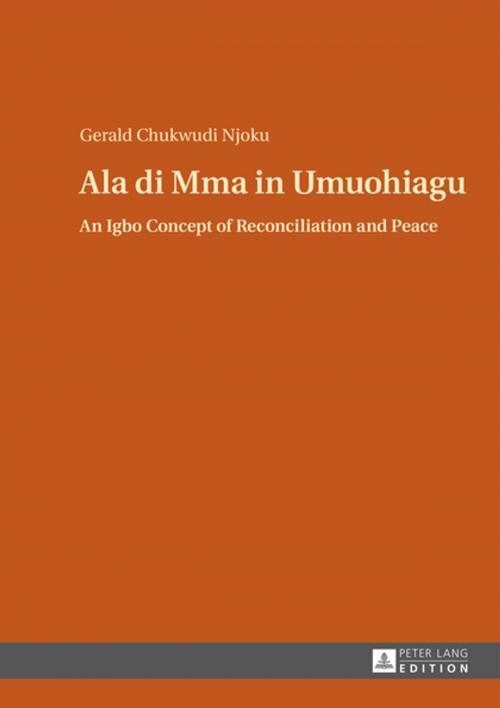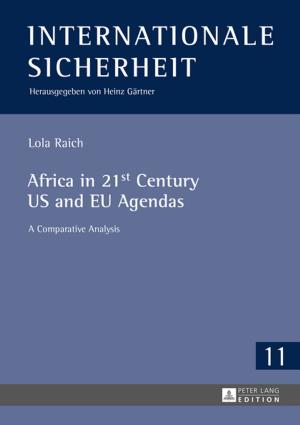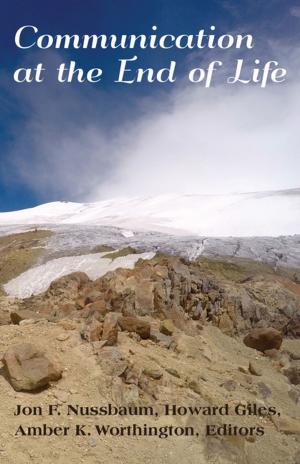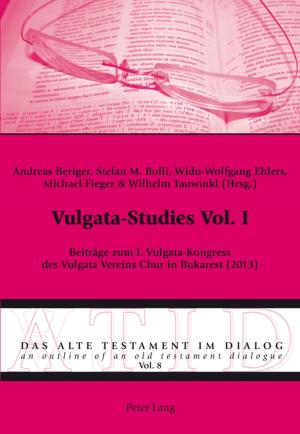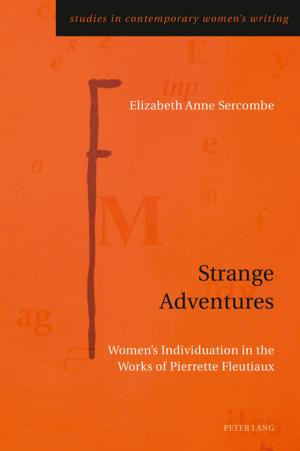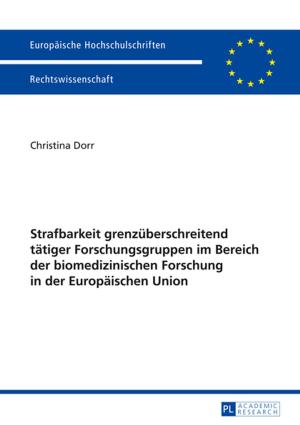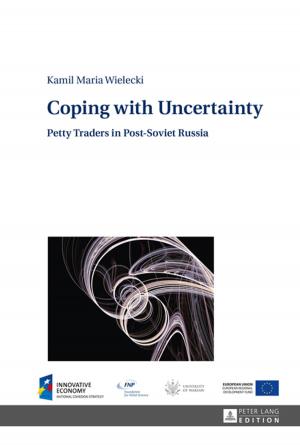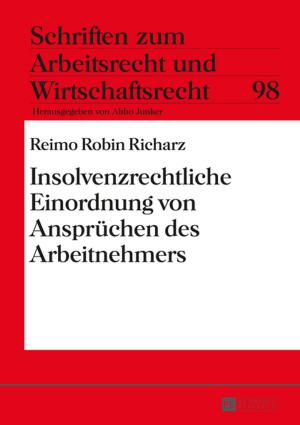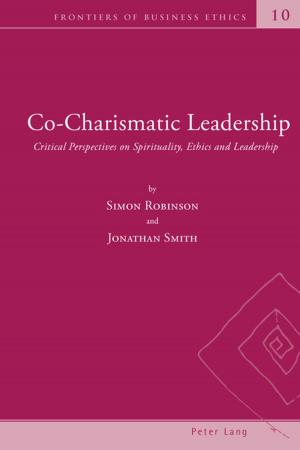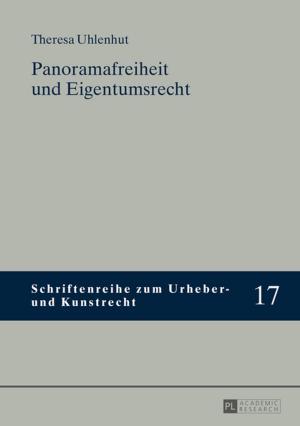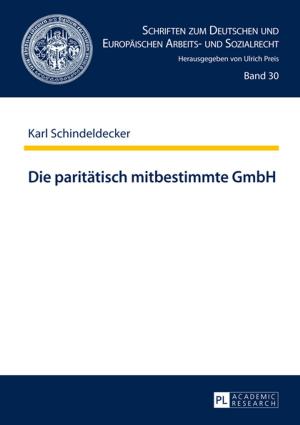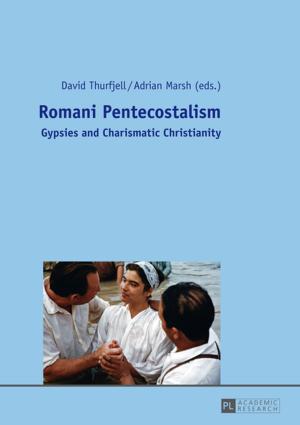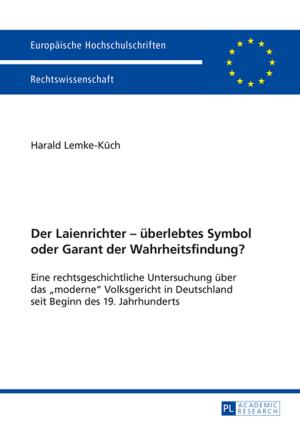Ala di Mma in Umuohiagu
An Igbo Concept of Reconciliation and Peace
Nonfiction, Religion & Spirituality, Reference, Ritual & Practices, Philosophy| Author: | Gerald Njoku | ISBN: | 9783653991406 |
| Publisher: | Peter Lang | Publication: | July 8, 2014 |
| Imprint: | Peter Lang GmbH, Internationaler Verlag der Wissenschaften | Language: | English |
| Author: | Gerald Njoku |
| ISBN: | 9783653991406 |
| Publisher: | Peter Lang |
| Publication: | July 8, 2014 |
| Imprint: | Peter Lang GmbH, Internationaler Verlag der Wissenschaften |
| Language: | English |
Among other relevant issues, this book adds new insights to the proposed Igbo Christian rites of reconciliation. Towards an inculturation, the resolutional equations of the Igbo cultural method of reconciliation – oriko in ala di mma – are balanced with the sacrament of reconciliation in operational life of the people who are pastorally concerned. In this context, the author refers to the Owerri archdiocesan working document on emume nsacha na ndozi, meaning a ritual of purification and peace, as well as to the Igbo Christian rite of reconciliation proposed by Augustine Echema. The method of these new rites is para-liturgical in nature which highlights the importance of reconciliation of human beings with themselves, their neighbours and God, whenever sin has taken place. Paradoxically, this new method of reconciliation can broaden ecumenism and strengthens the social, cultural, political and religious lives of the people. In this sense, reconciliation can be seen as a natural spiritual cord that ties people to themselves and to God in a communal and Christian environment.
Among other relevant issues, this book adds new insights to the proposed Igbo Christian rites of reconciliation. Towards an inculturation, the resolutional equations of the Igbo cultural method of reconciliation – oriko in ala di mma – are balanced with the sacrament of reconciliation in operational life of the people who are pastorally concerned. In this context, the author refers to the Owerri archdiocesan working document on emume nsacha na ndozi, meaning a ritual of purification and peace, as well as to the Igbo Christian rite of reconciliation proposed by Augustine Echema. The method of these new rites is para-liturgical in nature which highlights the importance of reconciliation of human beings with themselves, their neighbours and God, whenever sin has taken place. Paradoxically, this new method of reconciliation can broaden ecumenism and strengthens the social, cultural, political and religious lives of the people. In this sense, reconciliation can be seen as a natural spiritual cord that ties people to themselves and to God in a communal and Christian environment.
